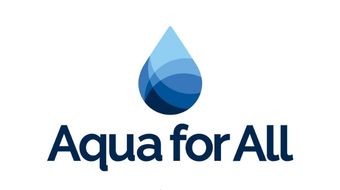As the Pipeline and Accelerator Manager at the Toilet Board, I have come across many business models bringing a commercial twist to the common sanitation solutions (toilets, pits, latrines…) delivered by aid-supported schemes.
This year the attention of the Toilet Board has turned to an increasingly relevant topic within the Sanitation Economy: women’s health.
Introducing Toilet Integration. This Saraplast spin-off converted old school buses into women-focused sanitation centres. The buses provide access to toilets, showers, breastfeeding space, women’s health information – and WiFi – to hundreds of women commuting to work daily in the City of Pune, India.
Through its work with the Accelerator Programme and the support of its member organisations, Toilet Integration, or Ti which means “She” in Marathi, has been working on a study looking deeply into what makes a toilet aspirational for the lower to middle income woman in Pune.
One may wonder why sanitation is particularly relevant for women. In India, households are usually run by women; they get up early, cook, wash, clean, feed before leaving the house for work or chores. As soon as they leave their homes, will come the question of sanitation and hygiene.
Imagine having to make your way across a city knowing you do not have access to an adequate place to use a washroom. Imagine the only toilets you find are smelly, dirty, full of germs you know will catch a ride with you on your way out. Imagine having to use facilities where you feel unsafe, and at risk of attack. Imagine avoiding drinking water in the insufferable heat so as to minimise the chances of having to face these conditions.
One thing the study has brought, amongst many things, is creativity. Indeed, there is a need for clean, safe and adequate toilets. But a toilet can bring much more than appropriate sanitation: a safe space, a knowledge-sharing platform, a place to connect, to do groceries, do laundry, or buy feminine hygiene products. Not only does it save the customer valuable time, it can provide the one thing that does not have a price: freedom of movement.
As the Toilet Accelerator takes a look at the next generations of Accelerator Cohorts, the Toilet Board is excited – and relieved – to see a growing number of sanitation innovations making sure women’s needs are included in the public space.
– Claire Balbo, Pipeline and Accelerator Manager at the Toilet Board Coalition






